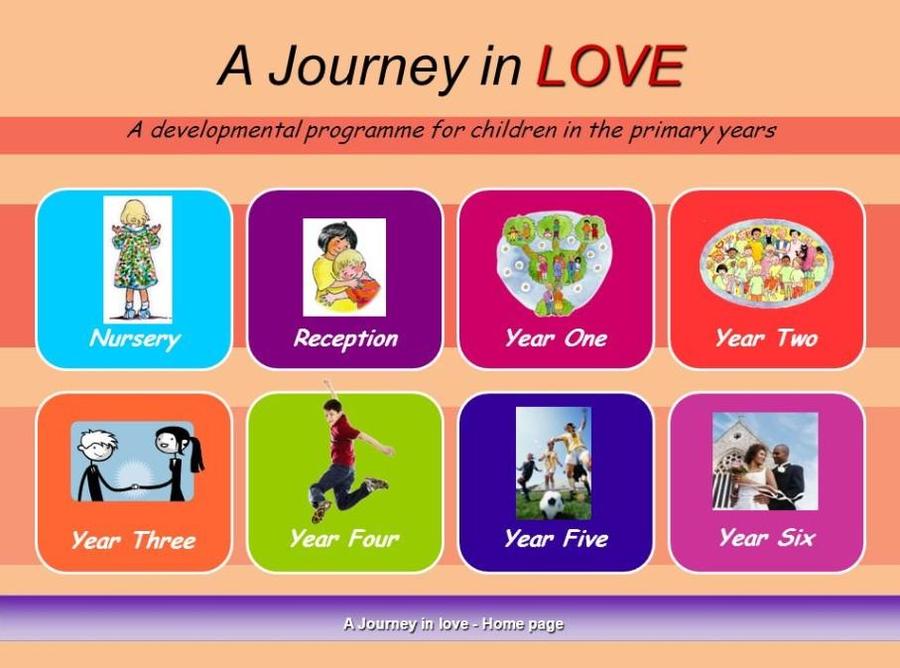RSE

 Intention:
Intention:
To develop the following attitudes and virtues:
- Reverence for the gift of human sexuality and fertility;
- Respect for the dignity of every human being – in their own person and in the person of other;
- Joy in the goodness of the created world and their own bodily natures;
- Responsibility for their own actions and a recognition of the impact of these on others;
- Celebrating the gift of life-long, self-giving love;
- Recognising the importance of marriage and family life;
- Fidelity in relationships.
To develop the following personal and social skills:
- Making sound judgements and good choices which have integrity and which are respectful of the individual’s commitments;
- Loving and being loved, and the ability to form friendships and loving, stable relationships free from exploitation, abuse and bullying;
- Managing emotions within relationships, and when relationships break down, with confidence, sensitivity and dignity;
- Managing conflict positively, recognising the value of difference;
- Cultivating humility, mercy and compassion, learning to forgive and be forgiven;
- Developing self-esteem and confidence, demonstrating self-respect and empathy for others;
- Building resilience and the ability to resist unwanted pressures, recognising the influence and impact of the media, internet and peer groups and so developing the ability to assess pressures and respond appropriately;
- Being patient, delaying gratification and learning to recognise the appropriate stages in the development of relationships, and how to love chastely;
- Assessing risks and managing behaviours in order to minimise risk to health and personal integrity.
To know and understand:
- the Church’s teaching on relationships and the nature and meaning of sexual love;
- the Church’s teaching on marriage and the importance of marriage and family life;
- the centrality and importance of virtue in guiding human living and loving;
- the physical and psychological changes that accompany puberty;
- the facts about human reproduction, how love is expressed sexually and how sexual love plays an essential and sacred role in procreation
 Implementation:
Implementation:
Three aspects of RSE - attitudes and values, knowledge and understanding, and personal and social skills will be provided in three inter-related ways: the whole school/ethos dimension; a cross-curricular dimension and a specific relationships and sex curriculum.
At St Thomas of Canterbury we use ‘A Journey In Love’ as recommended by the Brentwood Diocese. The content of the Journey In Love programme is outlined in Appendix 1. There will be a variety of teaching methods, including discussion, group work, videos, focused activities and the use of appropriate resources from Reception to Year 6. We aim to give pupils equal access to the PSHE curriculum, which may include the use of single gender group discussions where appropriate.
Relationship and Sex Education must be in accordance with the teachings of the Catholic Church. It is the responsibility of the CCT Trustees and Local Governing Board, working with the Headteacher and Senior Leadership Team, to ensure that this is achieved through careful monitoring of the teaching resources used.
Overview of the content of the ‘A journey in love’ Programme
Early Years: The Wonder of being special and unique
Year 1: We meet God’s love in our family
Year 2: We meet God’s love in the community
Year 3: How we live in love
Year4: God loves us in our differences
Year 5: God loves us in our changing and developing
Year 6: The wonder of God’s love in creating a new life
Copies of teaching units and associated materials can be made available to parents/carers for viewing through each Year Group’s Lead teacher.
Teaching strategies will include:
- Establishing ground rules
- Distancing techniques
- Discussion
- Project learning
- Reflection
- Experiential
- Active
- Brainstorming
- Film and video
- Group work
- Role-play
- Trigger drawings
- Values clarification
 Impact:
Impact:
At St. Thomas of Canterbury assessments are made in line with the school assessment policy. In RSE teachers use effective assessment for learning to ensure planning is based on prior attainment. Effective verbal feedback is used to move the pupil’s learning on within lessons.
The programme will be evaluated by means of questionnaires / response sheets/needs assessment given to pupils, and / or by discussion with pupils, staff and parents. The results of the evaluation should be reported to these groups of interested parties and their suggestions sought for improvements.
